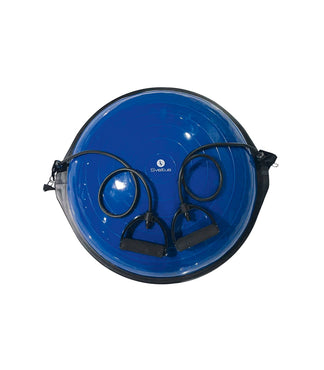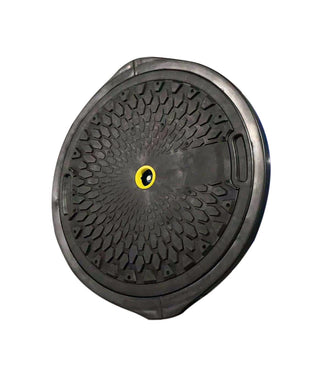- 1.5m
- 25m
- 5m
- AB
- ABS
- achilles
- Acupressure
- aerobic
- Agility
- Ankle
- Anti Slip
- Aqua
- balance
- Ball
- Balls
- Band
- bands
- bar
- belt
- block
- board
- Bottle
- braided
- brick
- Calf
- Calisthenics
- calves
- Chalk
- Chin Up Bar
- Club Training
- Cones
- core
- Cork
- Cuff
- cushion
- Disc
- dome
- dumbbells
- electric
- excercise
- Exercise
- exerciser
- float
- flotation
- Foldable
- foot
- Gliding
- Gloves
- gym
- hand
- Hurdles
- jogging
- Kettle
- Kettlebell
- Kick
- Ladder
- latex
- Liquid Chalk
- loop
- Magnesium
- Massage
- mat
- mats
- Medicine Ball
- Microfibre
- pad
- Parallel Bar
- Pedal
- Pilates
- pod
- PODS
- Power
- Powerband
- Press Up
- Pull buoy
- Pull Up Bar
- Pump
- Push Up
- putty
- Reaction
- Reflexology
- rehab
- Resistance
- Ring
- Rope
- Shaker
- skip
- Skipping
- slam
- Sliding
- Socks
- Speed
- Squat
- Stand
- stationary bike
- Step
- stick
- strap
- stretch
- stretcher
- Suspension
- Swim
- Swimming
- swiss
- Theraband
- towel
- Trampoline
- Tube
- wedge
- weight
- Weighted
- weights
- Wheel
- wobble
- Wrist
- Yoga
- Yoga Ball
Injury Rehabilitation
Your fitness is a priority, which is why recovering from an injury is so important. It can be challenging to get back to your best and so injury rehabilitation can help to not only ease the pain but also improve your fitness standard. Rehabilitation training can take place in your physiotherapist’s clinic, at the gym, or at home, giving you greater control over your routine. Shop the wide selection available on Physiosupplies and you’ll be back to being active in no time at all.
Recover with injury rehabilitation equipment in Ireland
Exercising after an injury is vital to recover mobility, strength, and endurance. The stages of injury rehabilitation take time, but getting them right will ensure you are back to full fitness. Many use ‘R.I.C.E’ (Rest, Ice, Compression, Elevation) to help speed up recovery.
Once you’ve rested your injury, it’s then time to get back to 100% fitness. Conditioning your body and building up muscle strength again takes time, but with items like resistance bands, it is easier than ever. They can be integrated into any exercise routine to add an additional level of difficulty. You can also use items like gym balls to transform your workout and help with post-injury rehabilitation.
At Physiosupplies, we want to make sure you get the best deal. As Ireland’s premier physiotherapy shop, we deliver quality items fast across the entirety of Ireland. All of our products are shipped via 24-hour trackable delivery, so you’ll know where your parcel is at any point for complete peace of mind.
FAQs
What are the stages of rehabilitation?
Stage 1: Control pain and swelling, typically through Rest, Ice, Compression and Elevation (‘R.I.C.E’).
Stage 2: Improve flexibility and range of motion through stretching.
Stage 3: Build muscle strength and balance.
Stage 4: Steadily return to full activity.
Why is injury rehabilitation so important?
Going back to your usual exercise routine after an injury can be challenging, especially if you have not taken the time to recover correctly. Rehabilitation after an injury is a steady process that allows you to build up functionality in the injured area over time. This will prevent further injury and ensure that your body recovers correctly.
How soon after an injury should you start rehabilitation?
The first 72 hours after an injury are usually reserved for rest, and so if you choose to start rehabilitation, it will be after this time. It can last for a considerable length of time, depending on your recovery and the injury itself. Some only need a few weeks, while other injuries might require months of rehabilitation to achieve full fitness.
What if you don’t use injury rehabilitation?
Not taking the time to properly treat an injury can mean that the injury itself doesn’t heal correctly. Your body may recover in a way that means you are functioning with the pain instead of recovering fully. This can make moving more difficult in the future, and the potential for further damage is higher.
Why do you set goals during injury rehabilitation?
Setting goals when you are recovering from an injury and working towards full functionality is vital to the rehabilitation process. It ensures that you are motivated and have something to work towards. It makes it easier for your physiotherapist to build the right strategies and supports for you.


